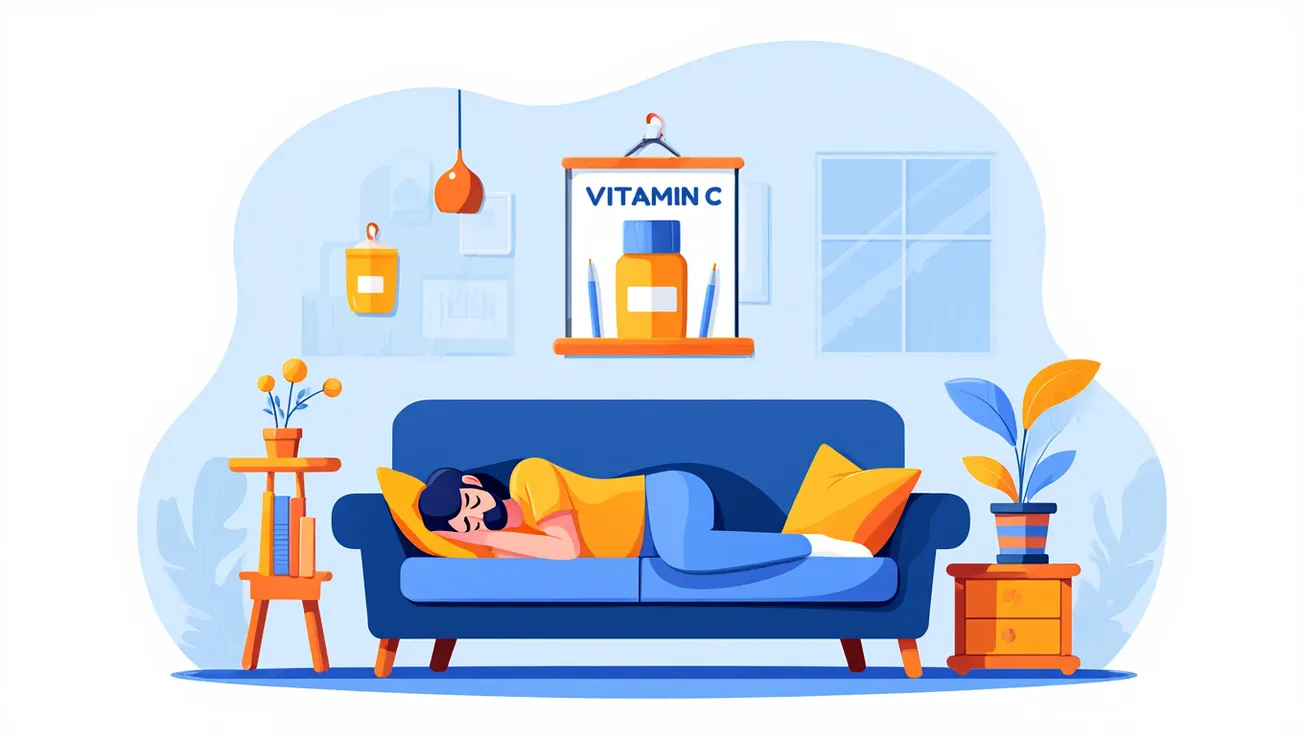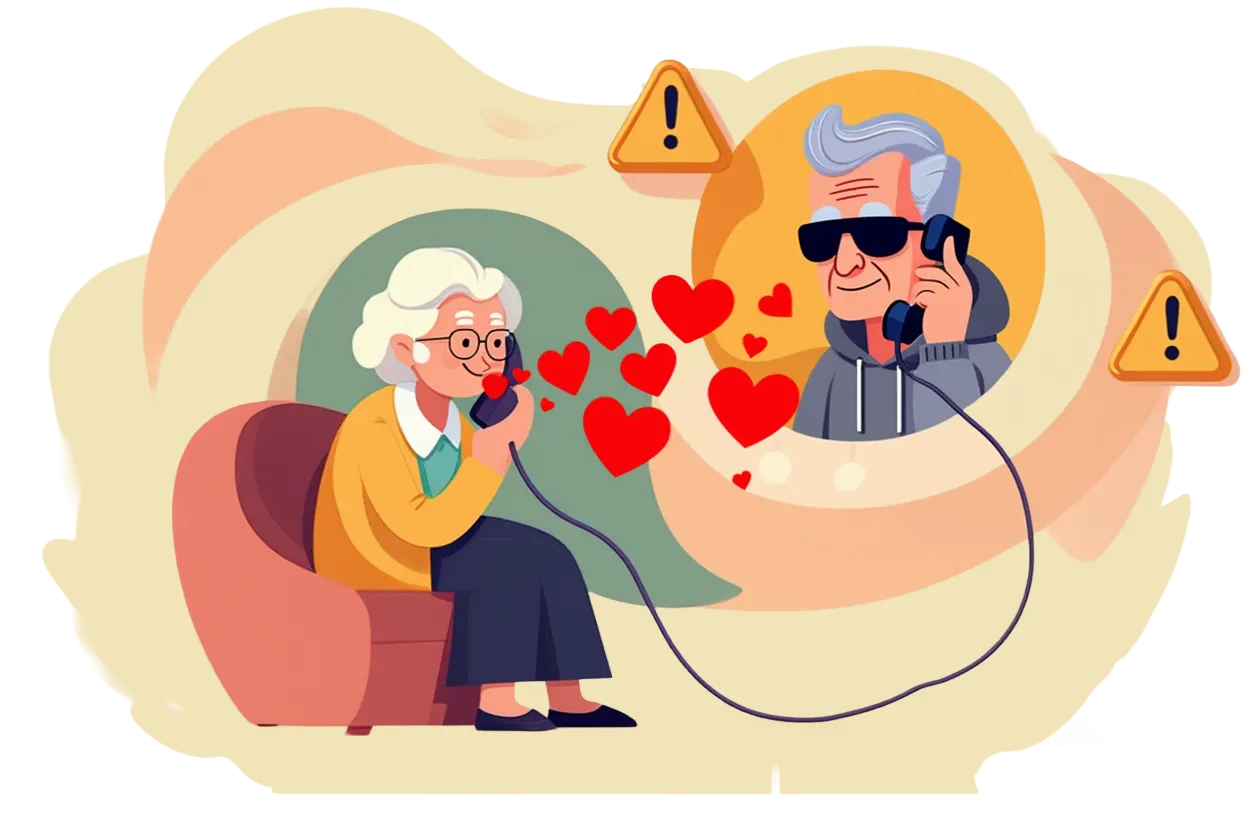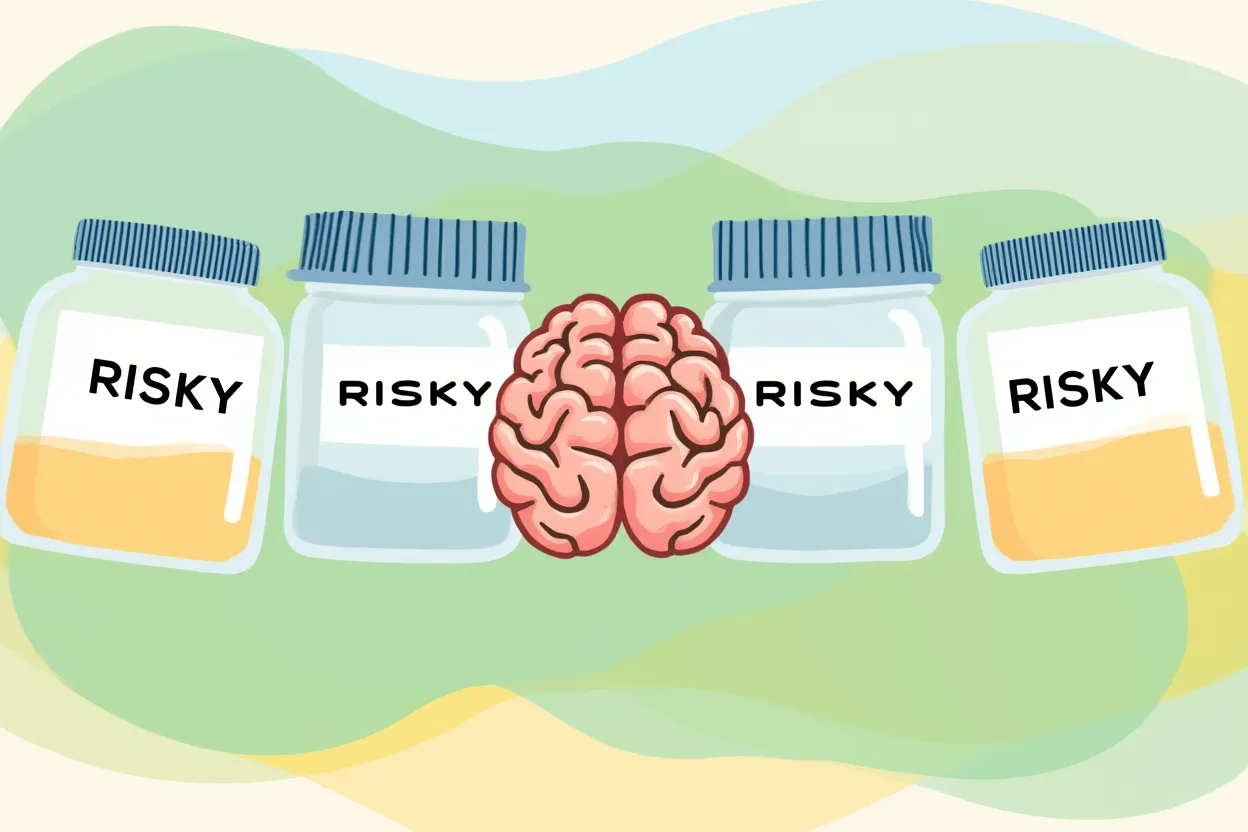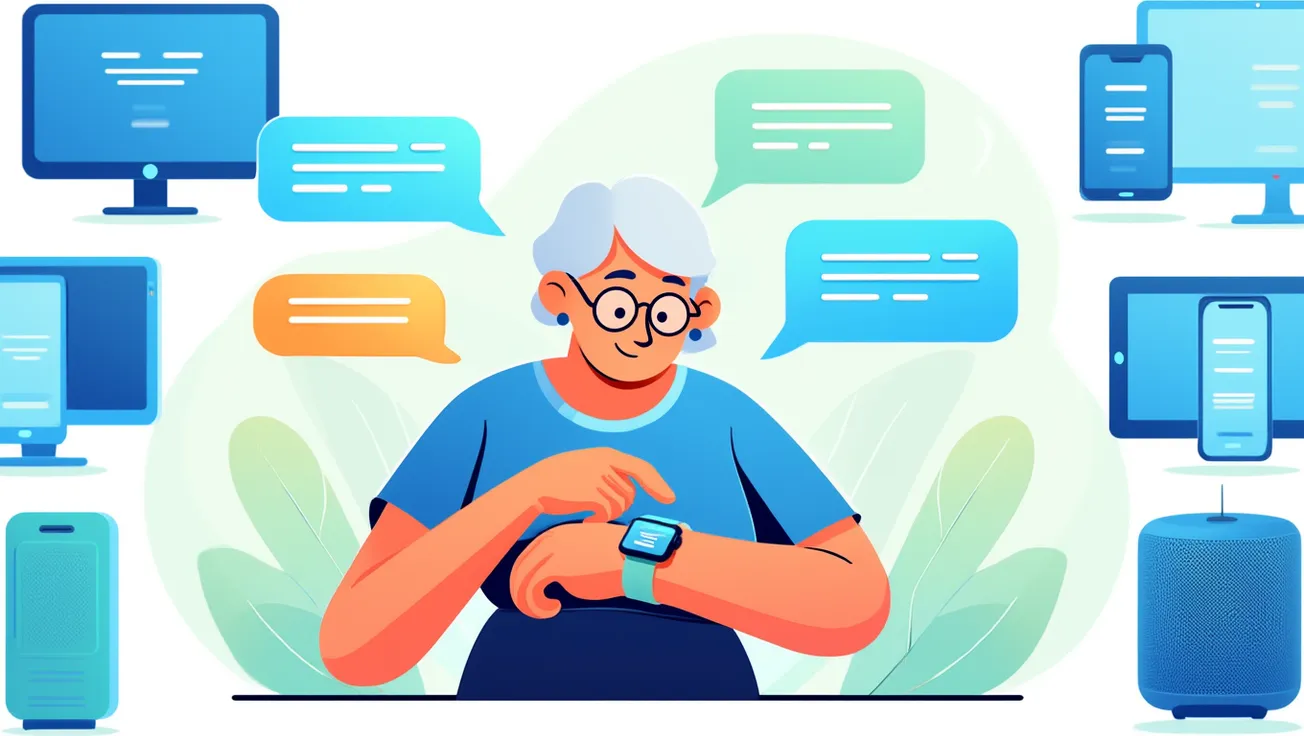The Takeaway
- Most studies show no strong evidence that typical vitamin C disrupts sleep. In fact, adequate intake is linked to better sleep quality.
- A large UK Biobank study found daily vitamin C intake around 125–200 mg is associated with a 22–25% lower risk of sleep disorders, especially sleep apnea.
- High doses (e.g., 2000 mg+) might cause restlessness or stomach upset in sensitive individuals.
- Experts typically recommend splitting doses, taking vitamin C with food, and avoiding mega-doses late in the evening to reduce digestive or energizing side effects.
Does Vitamin C Really Keep You Awake?
A few people swear it gives them a pep—because vitamin C supports dopamine pathways, which are tied to alertness. But that's mostly in very high doses, not the standard 75–200 mg per day. Most research shows no clear link between normal vitamin C intake and insomnia, and some evidence even links low vitamin C levels to shorter sleep and more restless nights.
Why The Health Food Advisor Might Say “No After 2 PM”
It probably comes from a mix of: A) Stomach discomfort if taken on an empty stomach or close to bed. B) Sensitivity to high doses, which some individuals find mildly stimulating. Although technology advances say you can take vitamin C at night if it agrees with your routine.
Pain Pivot: Struggling With Poor Sleep?
If waking up groggy or tossing and turning is your reality, vitamin C timing might seem like one culprit. But the bigger ripple is often overall nutrient levels, inflammation, or digestive stress disrupting sleep. The UK Biobank cohort study (over 68,000 participants) found higher vitamin C intake was significantly associated with lower risk of sleep apnea, especially in those under 60—likely because vitamin C may reduce inflammation and support vascular health.
Quick Tips
- Try splitting your dose: morning and early afternoon (e.g. 8 AM + 2 PM).
- Always take with food to ease digestion.
- If you’re sleeping poorly, try skipping it after 2 PM for a few nights to observe any change.
- Keep daily total within 125–200 mg if possible—mega-doses offer no proven extra sleep benefit and may cause discomfort.
Bottom Line
There’s no blanket ban on taking vitamin C after 2 PM—but if you notice it affects your rest, experiment with shifting earlier. Better yet, focus on consistent, adequate intake and tackling the underlying cause of poor sleep before pinning it on timing.
Disclaimer: This article is for informational purposes only—not medical advice. Consult your healthcare provider before starting or adjusting supplement routines, especially if you have health conditions or take medications.
Additional Sources & Links
Vitamin C and Sleep Apnea Risk: https://pubmed.ncbi.nlm.nih.gov/39519494/
Vitamin C Intake and Sleep Quality in Men Under 60: https://www.mdpi.com/2072-6643/16/21/3661
Does Vitamin C Keep You Awake?: https://www.bubsnaturals.com/blogs/all-about-vitamin-c/does-vitamin-c-keep-you-awake-exploring-the-connection-between-vitamin-c-and-sleep
Best Time to Take Vitamin C: https://www.verywellhealth.com/best-time-to-take-vitamin-c-8740987
Vitamin C and Energy: https://healthmatch.io/insomnia/vitamins-that-cause-insomnia
Supplements You Shouldn’t Take at Night: https://www.vita4you.gr/blog-vita4you/en/item/6-supplements-you-should-not-take-at-night.html
Can Vitamin C Affect Sleep?: https://coremedscience.com/blogs/wellness/can-i-take-vitamin-c-at-night
Does Vitamin C Disrupt Sleep?: https://novoma.com/en/blogs/articles/la-vitamine-c-empeche-t-elle-de-dormir
General Guide to Timing Vitamins: https://www.medicalnewstoday.com/articles/can-vitamins-cause-insomnia










